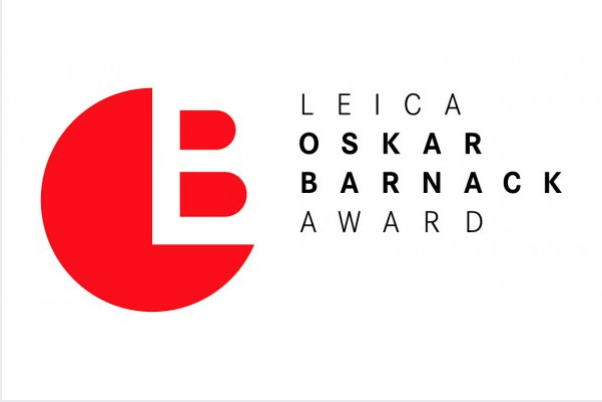The following is an announcement from the organizers of the Leica Oskar Barnack Award:
First prize of the highly prestigious photography competition, the ‘Leica Oskar Barnack Award 2018’, main category, goes to Belgian photographer Max Pinckers for his series entitled ‘Red Ink’. He receives a prize of 25,000 euros and a Leica M camera and lens.
A meeting has just taken place between Donald Trump, USA, and Kim Jong-un, North Korea, which resulted in the signing of an agreement that may one day be considered “historic”. Maybe photographers will no longer need to use subversive methods to take pictures in the isolated Asian country – as was still the case for Max Pinckers.
North Korea is one of the nations that is most cut off from the rest of the world. Though one might be under the impression that the regime has been allowing more photographers into the country in recent times, this is misleading. The only chance a photographer might have to take pictures independently would be if he or she manages to re-direct the supervisor’s eagle eyes, or if an unexpected situation, which the supervisor could not have foreseen, arises. Pinckers was in North Korea on assignment for The New Yorker weekly magazine, accompanying journalist Evan Osnos on a four-day trip at the height of the August, 2017 propaganda conflict with the USA. From the outset, Pinckers never imagined that there would be any way for him to get a glimpse behind the government’s carefully erected scenes. Instead – and just like he might do for a fashion shoot – he used the flash to underline the staged aspect of each situation.
“Knowing that it would be impossible to reveal the reality behind the regime’s façade, I applied an aesthetic that refers to state propaganda and advertising, by using bold artificial lighting.” -Max Pinckers
“There’s a subversiveness that creeps into this kind of constructed situation. You can never really put a finger on it. You’re never really sure of anything,” Pinckers commented to The New Yorker.
Born in Brussels in 1988, the Belgian photographer uses his work to explore strategies of visual storytelling in documentary photography. He studied at the Royal Academy of Fine Arts in Ghent from 2008 to 2012. Since then, Pinckers has published four books, and exhibited nationally and internationally many times. He founded Lyre Press publishers, and was previously a LOBA finalist in 2016 with his series “Two Kinds of Memory and Memory Itself”.
